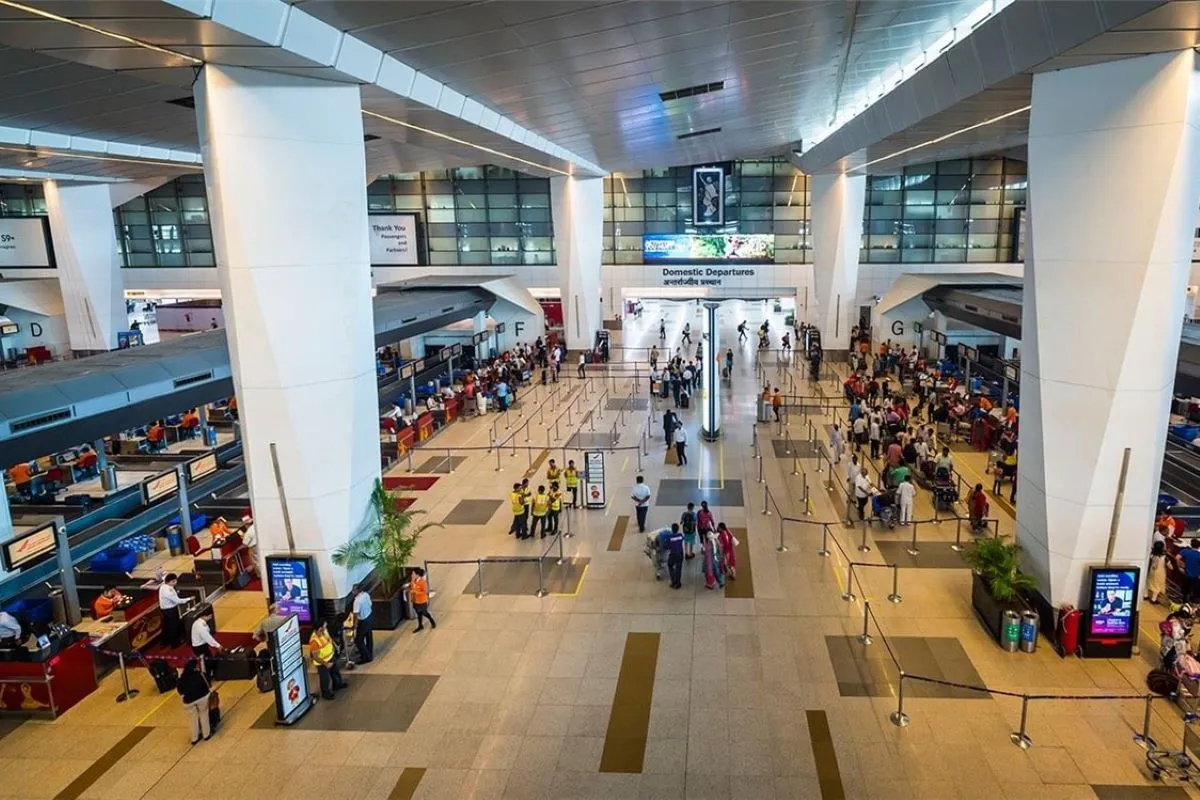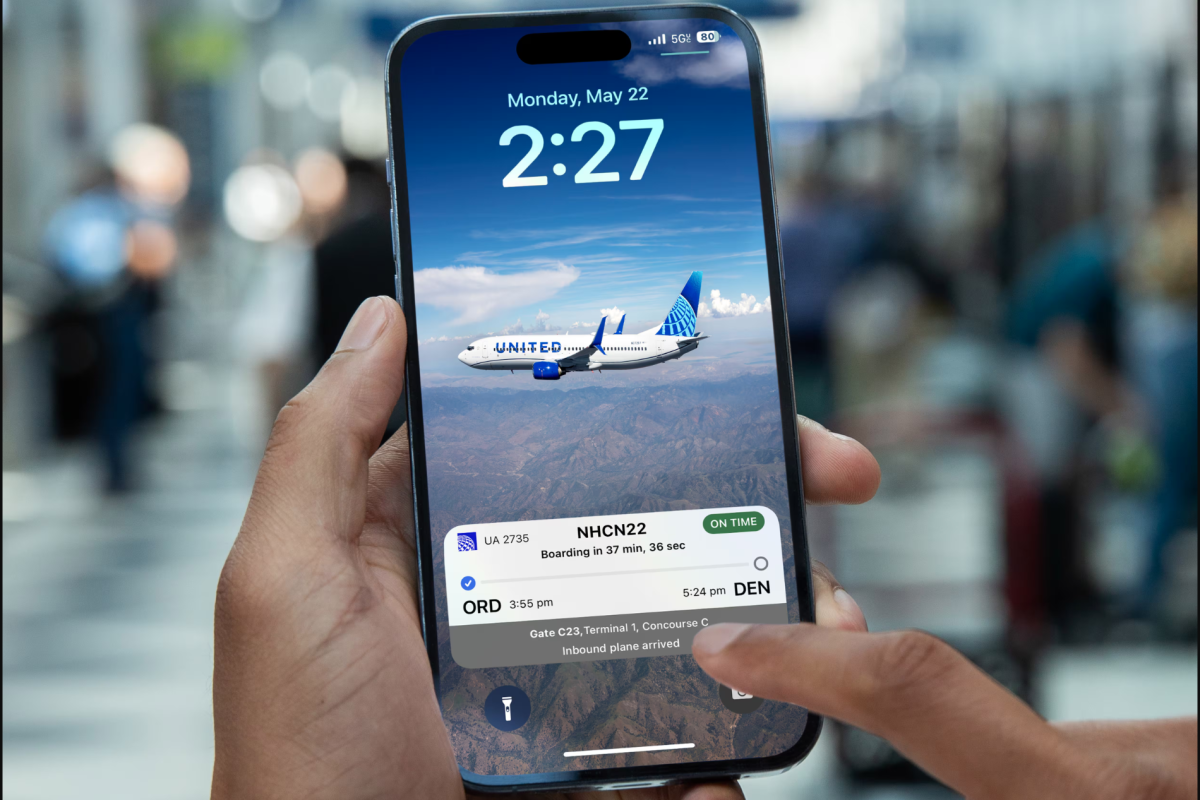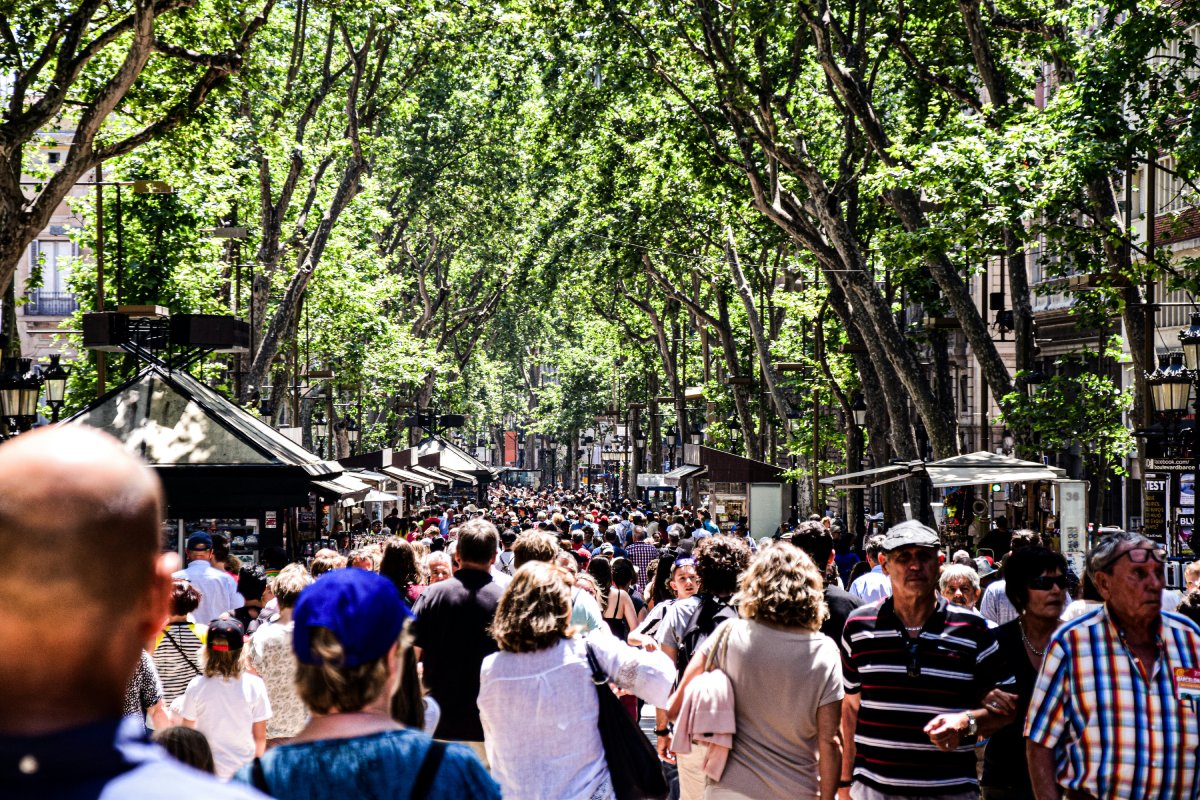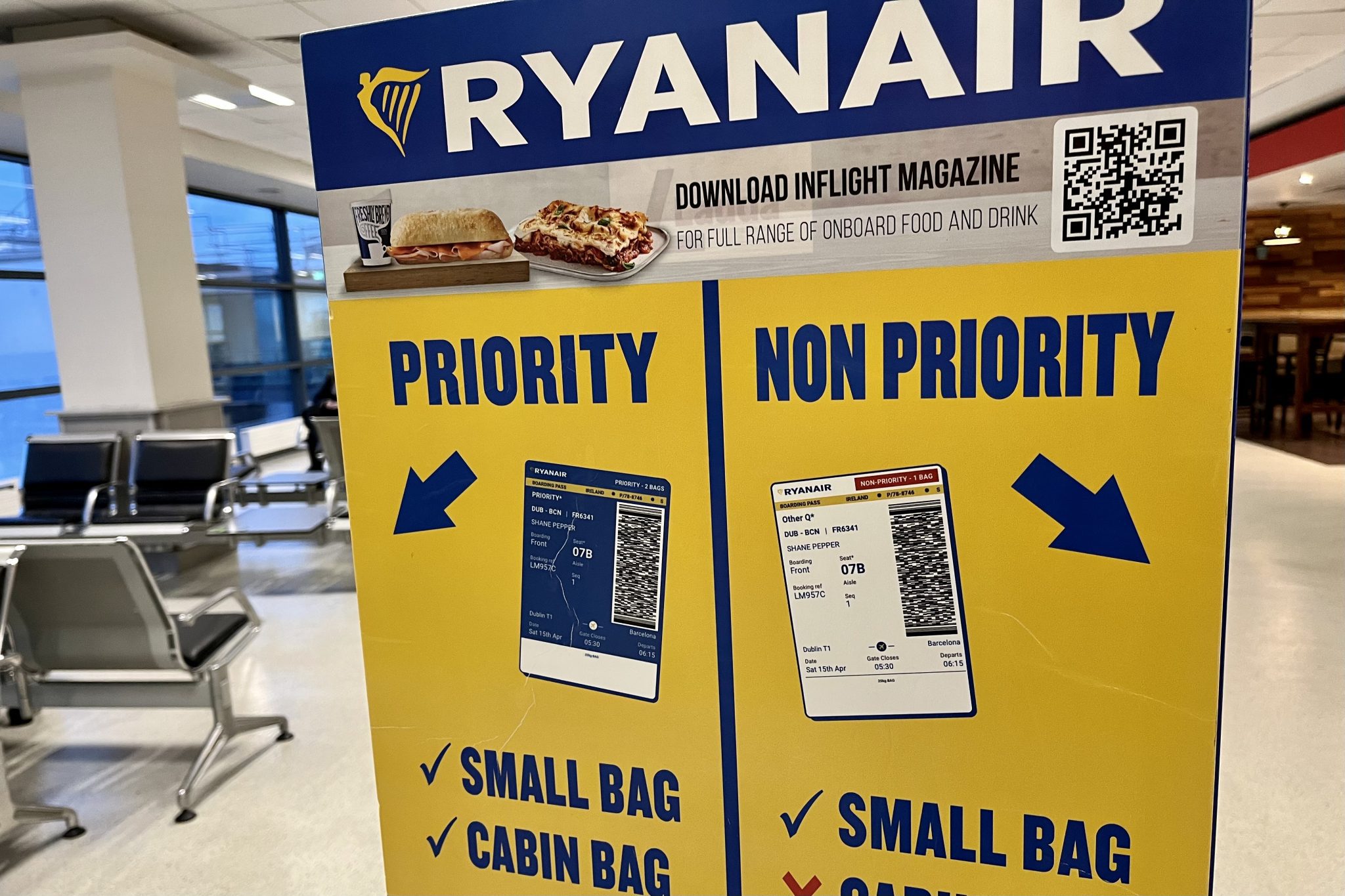Executive Q&A: Susanne Hatje of Mandarin Oriental, New York on Thriving in an Ultra-Competitive Luxury Market
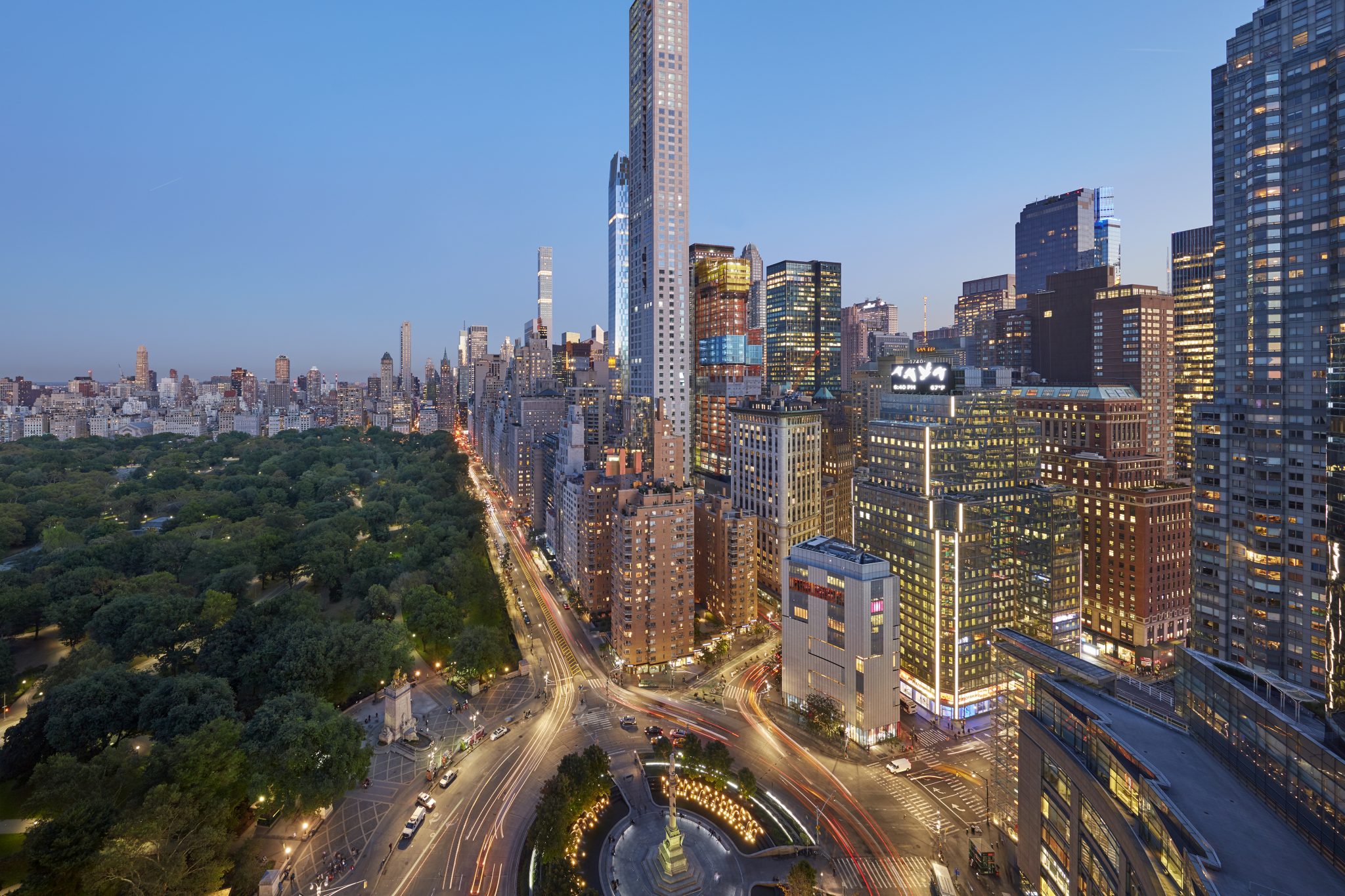
Skift Take
This sponsored content was created in collaboration with a Skift partner.
New York City is one of the world’s most competitive markets for hotel owners. Thanks to an ongoing surge in room supply, a growing range of new accommodation options for visitors, and a continued stream of high-profile luxury openings in Manhattan and Brooklyn, it can be hard for any single property to stand out. On top of all of this, New York City’s high-end hotel owners must also contend with the ever-changing whims of today’s luxury consumer, along with New York’s incredibly diverse collection of attractions and neighborhoods, making it difficult for any single location to stand out.
Despite each of these obstacles, Mandarin Oriental, New York continues to maintain a premier position in the eyes of today’s hotel guests. The brand’s iconic luxury property, which first opened its doors almost 15 years ago at the nexus of Columbus Circle, Central Park South, and Midtown Manhattan, has taken a number of steps in recent years to solidify the hotel’s reputation as a marquee destination for luxury visitors.
We sat down with Susanne Hatje, the property’s General Manager, to learn more about how the brand is evolving to satisfy the changing whims of the city’s incredibly dynamic luxury travel market.
SkiftX: Mandarin Oriental’s New York property has been open now for 15 years. What steps are you taking to ensure the property stays fresh and top of mind with luxury guests?
Susanne Hatje: New York is one of the world’s most competitive hospitality markets, and we are continuously looking for ways to adapt to today’s traveler and their ever-changing preferences, while also looking for opportunities to differentiate our property from our competitors to stay relevant.
A key driver for differentiation is ultimately delivering a memorable experience for each guest by offering something unique and truly original that they can take away with them. Most recently, we saw an opportunity to reimagine our food and beverage offerings by elevating the guest bar experience and bringing that innovation to life in a new way in the hotel space.
Last year, we partnered with award-winning Chef Grant Achatz and Nick Kokonas of The Alinea Group to launch The Aviary NYC, an innovative bar concept, and The Office NYC, a speakeasy-style bar serving rare and vintage spirits. These two bars are Chef Grant’s first outposts outside of Chicago and they provide an unrivaled interactive experience for guests, which can’t be found in this part of the city or in a hotel in this area. The addition of both bars has helped attract a new wave of consumers and travelers while introducing current hotel guests to the concept. We’ve been able to reach a range of different audiences including luxury travelers, foodies, spirits aficionados, millennials, leisure and business clientele, and the local community. Additionally, with the influx of this expanded audience, the news and allure about the hotel and the new bars has spread and created an exciting buzz for people to visit us and experience the venues.
SkiftX: What does luxury mean to travelers in 2018? And has that definition evolved at all since Mandarin Oriental, New York first opened?
Hatje: A Five-Star luxury experience is founded in personalized service. Guests staying at a Mandarin Oriental property should expect consistent service whether they are in New York, Singapore, Hong Kong, or Munich. We understand that each of our guests are unique and their experience should be curated and tailored. Outside of providing consistent service, surprising and delighting a guest is the foundation of a luxury experience. It is really the attention to the details and, in some cases, paying attention to what the guest isn’t saying to deliver a truly delightful moment. This allows us to anticipate their needs and provide them with an everlasting “wow” moment, as well as create an emotional connection between the guest and the property.
Luxury has evolved at Mandarin Oriental, New York as we have continued to elevate the guest experience year-after-year. From reinvigorating our facilities, such as transitioning the former Lobby Lounge into The Aviary NYC, to creating unforgettable offerings and events for our guests through unique packages and programs, the bar we set for ourselves continues to get higher and higher every year.
An undervalued luxury is also time, especially in this age of technology when it seems more challenging to truly disconnect. This is really where our team and amenities can make the biggest difference and impact.
SkiftX: How has Mandarin Oriental, New York adjusted the hotel’s amenities and services in light of this evolving definition of luxury?
Hatje: We understand the need to adapt and evolve to meet the expectations of the next generation of luxury travelers, which is why we’re thrilled about our alliances with partners like The Alinea Group, Jack Rabbit, Saks Fifth Avenue, and others. With the addition of The Aviary NYC and The Office NYC, our hotel provides a true destination experience for these type of travelers –– let alone all of our current visitors. From distinct culinary offerings with our signature restaurant Asiate, which offers modern American cuisine, to a Five-Star wellness experience at our Spa, to The Aviary NYC which provides an unforgettable cocktail and nightlife experience for guests and millennials alike –– we are a destination within itself.
Additionally, luxury guests are becoming more eco-conscious and have a greater interest in sustainability, eco-friendly products, and interest in food sourcing. This is a very important trend, not only to Mandarin Oriental, New York, but our hotel group.
We are also committed to contributing to the communities in which we operate, and responsibly managing our environmental impacts and social commitments like our involvement with City Harvest, which operates here in New York City and distributes food to those in need through food rescue practices. On the sustainability front, we have an entire team dedicated to ensuring we are acting responsibly and implementing sustainable practices from in-room recycling programs and eco-friendly laundry bags to sustainable ingredient sourcing.
SkiftX: Mandarin Oriental, New York has long been recognized for its high-end spa. Have you made any changes to the spa to adapt to changing guest attitudes related to wellness?
Hatje: We are fortunate to be recognized as one of two Five-Star spas in New York City. The Spa at Mandarin Oriental, New York, like most Mandarin Oriental spas, reflects the destination’s unique location. While each Mandarin Oriental spa has signature programming that our spa visitors can expect brand-wide, many of our treatments are inspired by New York City.
Most of The Spa at Mandarin Oriental, New York’s guests are locals, and we work to infuse the local community into the spa experience, where possible. For instance, our guests are interested in sustainable and local spa ingredients now more than ever. Last year, we launched a unique facial called Force of Nature featuring Brooklyn-based emerginC Rawceuticals®, which blends a variety of pure, active cold-pressed plant extracts with naturally-derived cosmeceutical ingredients. This treatment has been well-received by our guests who are seeking local and sustainably-sourced skincare without sacrificing luxury.
Additionally, guests and travelers alike have a desire for holistic wellbeing to be part of their overall lifestyle, and not something simply experienced at a spa or fitness center. Given this movement, we have also elevated our programming to not only include personal training and various types of yoga, but also more mindfulness-driven practices with meditation and Reiki.
SkiftX: Do you see any difference between the concepts of “wellness” and “wellbeing?” And does the distinction have any impact on the types of wellness amenities you provide to guests?
Hatje: Wellness and wellbeing are correlating concepts, but they differ slightly. Wellbeing focuses on the overall holistic physical, mental, and emotional state, while wellness focuses on the physical state. A positive wellness experience should improve the state of your overall wellbeing.
At The Spa at Mandarin Oriental, New York, we approach wellness by focusing on the overall wellbeing of each of our spa guests. In addition to our range of full body treatments, massages, and facials, we offer a variety of experiences dedicated to focusing on the mental and emotional wellbeing as part of our fitness programming. In addition to Hatha and Vinyasa yoga, we also offer meditation and visualization sessions and Reiki, focusing on healing energy helping to restore physical and emotional wellbeing.
Another program that’s been quite popular with our guests, especially our locals, is the Digital Wellness Escape™. This program has been well-received by all of our spa guests, especially locals, as they work to escape the mental strains of the hustle and bustle of New York City. From the moment they arrive at The Spa, they must surrender their digital devices. From there, they experience a soak in a Shungite bath, a carbon that frees the body from free-radicals, which we absorb as a reaction to the radiation we are exposed to from our technology. The treatment also incorporates massage techniques that focus on parts of the body that are most affected by exposure to digital devices including keyboards, screens, etc. Guests also receive a digital detox takeaway featuring tips for continuing the detox once they’ve left The Spa. Our ultimate goal is to liberate them from their connection to their devices temporarily so they can restore their overall wellbeing.
SkiftX: What other adjustments have you made to the overall property’s wellness amenities and services in response to these changes?
Hatje: At the brand level, since wellness is one of the core principles of Mandarin Oriental Hotel Group, the Group launched a new initiative for meeting and event planners and attendees called Mindful Meetings. Mindful Meetings approaches meetings with wellness in mind to ensure greater productivity. Each property under Mandarin Oriental Hotel Group offers various initiatives and meeting breaks that are destination specific, ranging from a tour of the creative district in Bangkok, to a guided swim with sea turtles in Canouan. The wellness offerings are also available across various themes from nourishment and movement to stillness, connections, and overall wellbeing. In New York, planners can select options for attendees ranging from a run through Central Park, a Tai Chi class, stress management workshops, energizing snack stations, and more. Overall, Mindful Meetings has been a great opportunity to extend wellness beyond the treatment room.
In addition to Mindful Meetings, in our suites, we offer a meditation pillow encouraging guests to take a moment and reflect, encouraging in-room wellness. The brand also launched a series of in-room wellness videos with leading global health and fitness platform Grokker, further speaking to Mandarin Oriental Hotel Group’s core wellness principle.
SkiftX: Travelers visiting New York often seem to gravitate to certain tourist hotspot areas. Does Mandarin Oriental, New York try to encourage visitors to explore the neighborhood adjacent to the property?
Hatje: While we do our best to position Mandarin Oriental, New York as an iconic destination hotel, we recognize that our guests are also here to explore all that New York City has to offer. We aim to serve as a destination authority for them, assisting them to experience both the expected and unexpected, as well as tailoring their journey based on their needs and interests, factoring in how much time they may have.
Our hotel enjoys a prime location in Midtown, located within the Time Warner Center, which has The Shops at Columbus Circle featuring world-class shopping, top restaurants, and more. The hotel has direct access to these shops so visitors don’t even have to leave the property on a rainy or snowy day. In addition to the Time Warner Center location, we’re just steps away from the most verdant location in Manhattan – Central Park. Our visitors can bike, run, or walk around the park or take in a show at Shakespeare in the Park. Lincoln Center and various cultural performances from live jazz, opera, ballet and modern dance are also just a few blocks away.
We also encourage guests to look beyond Manhattan and discover the city’s other boroughs. Whether it’s a curated street art exploration tour in Brooklyn or a Mediterranean food tour in Queens reserved through our Concierge team, our colleagues want our guests to enjoy an authentic New York City visit.
For our younger guests, we also have a special children’s program called MO Panda Club. As part of the program, children receive a special “Pocket Panda” –– a whimsical New York City-themed paper cutout character inspired by “MiniMO” the Panda and Flat Stanley. Created to capture moments around New York, Pocket Panda contains a list of must-visit attractions from the Statue of Liberty to The Brooklyn Bridge, inspiring a sense of exploration for families.
SkiftX: What can hotels do to facilitate more interactions between guests and the local community?
Hatje: Hotels should encourage interactions between guests and the local community. Mandarin Oriental Hotel Group truly believes in providing guests with an authentic, local, destination-specific experience. Not only do each of the properties reflect the destination in terms of the property aesthetic, but each hotel has local programming in place to encourage interactions within the community. Guests also want to take in the local experience and, while they may balance this with what may be more traditionally driven for tourists, the impact of feeling like a local can often transcend a purely tourist-driven itinerary.
In addition to our various partnerships, including Saks Fifth Avenue. which offers a very quintessential New York City shopping experience and with whom we’ve created specific programming from seasonal packages to our Fans of M.O. member benefits, our Concierge team is well-versed in truly tailoring a guest journey that offers access to some of NYC’s hidden gems. Our Concierge team provides insightful recommendations for guests to participate in the local community, from finding the city’s best ramen shop to curated picnics in Central Park. There’s so much to see and do in New York City. While no visit is ever long enough, we want our guests to feel that our hotel and our city is their second home at the end of the day.
This content was created collaboratively by Mandarin Oriental, New York and Skift’s branded content studio, SkiftX.

